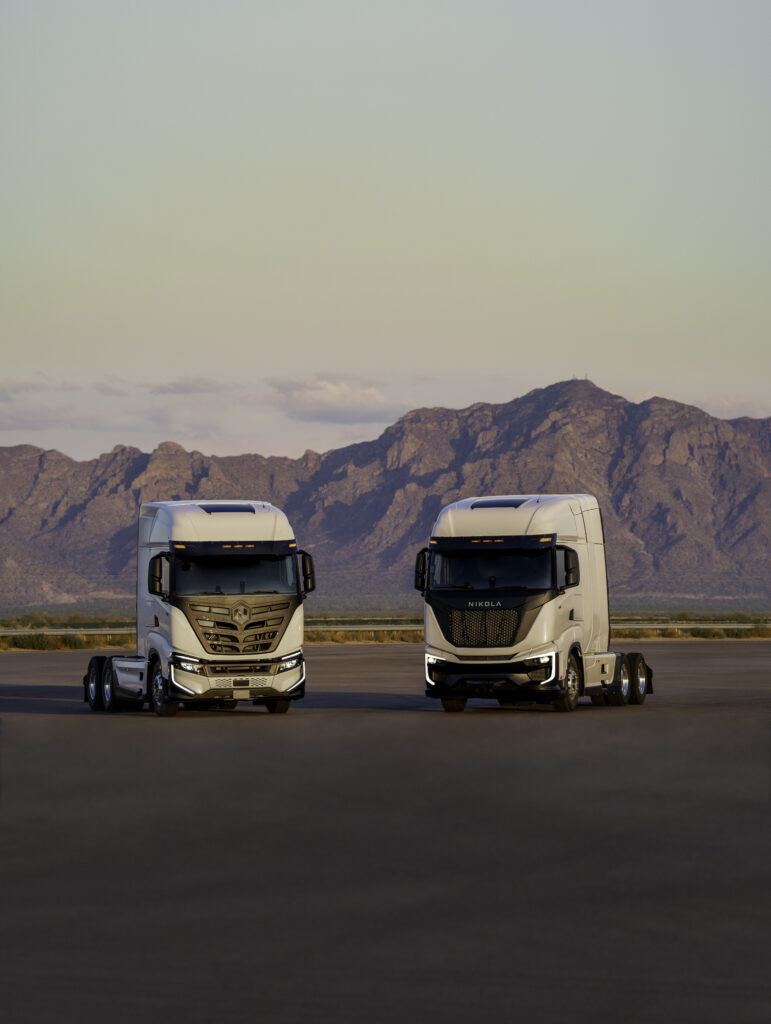hbiss
EC, New York NEC: 2017
- Location
- Little Falls, New York NEC: 2017
- Occupation
- EC
Like conventional ICE power trains, I’d expect the vast majority to be still in service well past warranty expiration.
Usually warranties are three years. I see eight years for the batteries from your link. I have an 09' F-150 that I use every day.
-Hal


